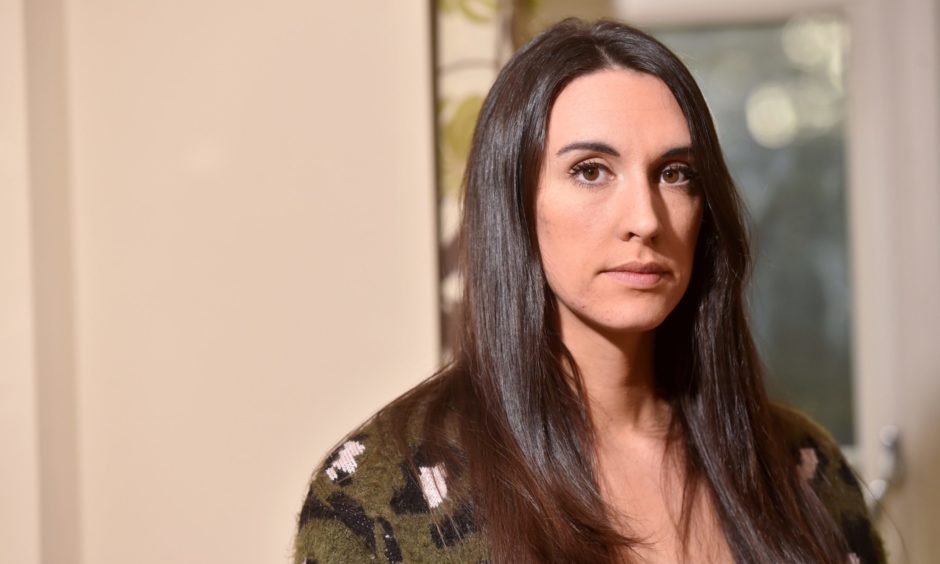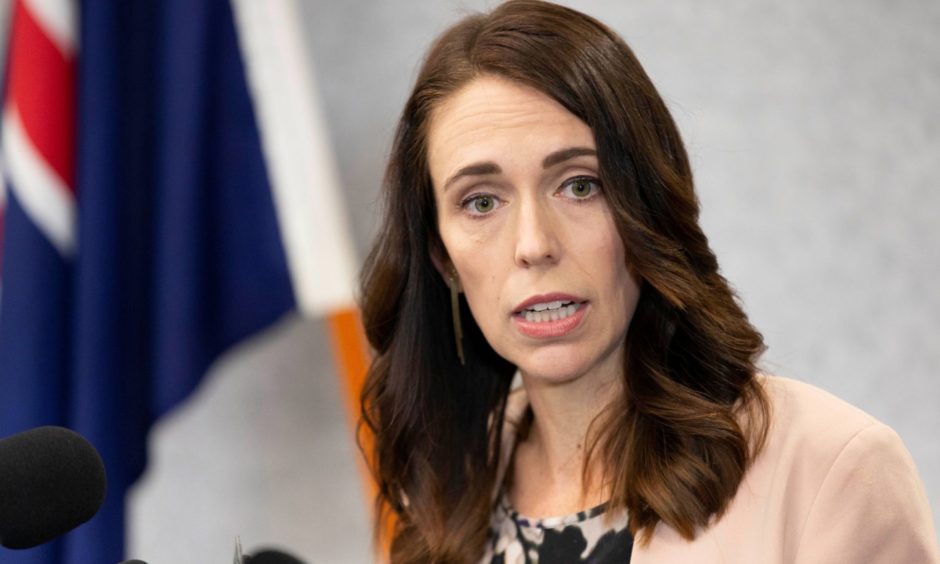The SNP have called on Prime Minister Boris Johnson to “follow in New Zealand’s footsteps” by offering paid leave to those who suffer a miscarriage.
On Monday Angela Crawley, SNP MP for Lanark and Hamilton East, will present her Private Members Bill to change the law to introduce three days’ paid miscarriage leave.
In a cross-party letter to the Prime Minister, she highlighted that around one in eight pregnancies will end in miscarriage, meaning thousands of women and men are “suffering profound loss without adequate time to grieve”.
The Scottish Government is committed to introducing three days of paid miscarriage leave within the public sector in Scotland but employment law powers to extend this to the private sector remain reserved to Westminster.
‘Forced to go back to the workplace’
Abi Clarke, founder and chairwoman of Aberdeen-based charity Miss (Miscarriage Information Support Service), which supports those who experience miscarriage in the north-east, said the bill marks a “fantastic” step forward.
She added: “We often hear from our members how they feel forced to go back to their workplace because they don’t feel comfortable talking to their manager about the reason they want to be off – whether it’s because they are scheduled in for surgery, needing time to grieve or for their own mental health.
“It’s important that bereaved parents have this time to grieve properly and not be forced back into their workplace.
“This can have a massive impact on their mental health and wellbeing, as they are not dealing with their grief properly and forced to push it aside and hide their emotions to their work colleagues.”
Alternatives Dundee, a charity that provides counselling and support for those affected by miscarriage, abortion, infertility or child loss, has welcomed the move.
Rachel Macdonald, the charity’s centre manager, said: “At Alternatives we support over 100 individuals each year who have suffered the loss of a pregnancy.
“For many this is a devastating experience, often traumatic and leaving a profound sense of grief, which as a society we are not always good at acknowledging and supporting.
“Three days’ paid leave would be a start to validating the loss that so many of us experience and a step towards being a more compassionate society which supports our colleagues at a time of distress.”
‘Follow in New Zealand’s footsteps’
Couples in New Zealand who have a miscarriage or stillbirth will be eligible for paid bereavement leave under a new law approved earlier this year.
It joins a small number of countries in the world to introduce the measure, including Philippines and India.
Ms Crawley said the bill “brings us one step closer to ensuring parents get the time they need to grieve and process a miscarriage, without worrying about their finances and employment”.
She added: “Under current rules, the only way parents can get this time off is by requesting compassionate leave – which may or may not be granted – or take annual or unpaid leave. This isn’t fair.
“If passed, this Bill would see the UK follow in New Zealand’s footsteps and bring in three days’ paid leave for anyone who has suffered a miscarriage in the UK.
“Parents shouldn’t have to wait for Westminster to act.
“I hope the UK Government will back my bill and make this important change to the law – or, at the very least, devolve the powers to the Scottish Parliament so we can introduce it ourselves in Scotland.”
Today I will present a Bill calling on the UKG to make provision in law for paid leave for parents who have experienced miscarriage. For many families this traumatic life event, is often more difficult, when they cannot secure adequate paid leave from their employment. https://t.co/JCiHB73jDN
— Angela Crawley MP (@AngelaCrawley30) June 21, 2021
Clea Harmer, chief executive at Sands, the leading stillbirth and neonatal death charity, said employers are “in a position to make a real difference to the lives of bereaved parents and their colleagues”.
She said: “All employers must have pregnancy and baby loss policies in place together with training for managers and staff on how to support colleagues returning to work.
“We urge them to find out about Sands bereavement in the workplace training, and to talk to us about what additional support they can offer to bereaved parents in their workplace.”
‘Devastating for parents’
A UK government spokeswoman said: “Losing a child is devastating for parents, which is why we have legislated to give parents who are in this terrible position a statutory right to Parental Bereavement Leave and Pay.
“The entitlement to this pay is a floor not a ceiling, and we urge employers to show compassion and flexibility towards women who have suffered a miscarriage, and to respond sensitively to each individual’s specific needs.”


